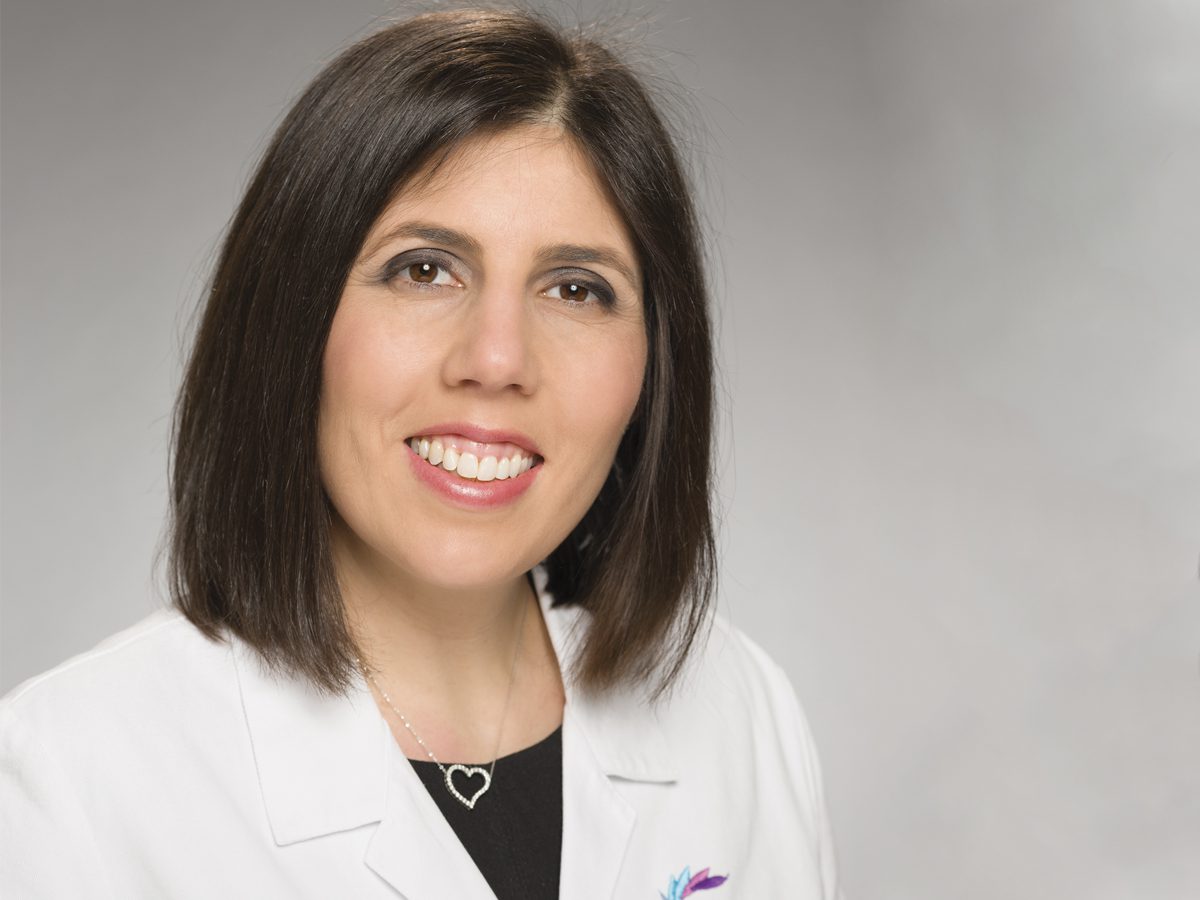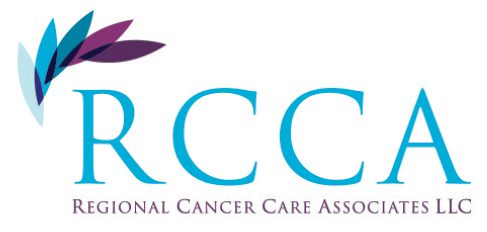Rachel Levenbach, MD
Bringing a woman’s perspective to cancer care
Rachel Levenbach always knew she wanted to be in healthcare, but as a student at Temple University Medical School, she thought she wanted to be a gastroenterologist. “Then I did a rotation at Fox Chase Cancer Center and fell in love with oncology,” she says. Caring for people with cancer came naturally to Levenbach, who appreciated the personal aspect of the specialty.

Rachel Levenbach, MD
Regional Cancer Care Associates
“I feel like I’m a warm and kind person,” she says. “In oncology, you really get to know your patients, and feel connected to them. These are long-term relationships that extend over years. I get to know their families, and they get to know mine. I’ll have patients come in and before I even say a word it’s like, ‘How are the boys?’”
The boys are Levenbach’s sons: 7-year-old twins and a 3-year-old. “Nothing’s more rewarding than coming home and them being like, ‘Mommy, did you help someone?’” Levenbach says. “To see how proud they are is really wonderful. They say, ‘Mommy helps people who are sick.’”
Of course, that’s just the start of a long list of things Levenbach finds deeply fulfilling and rewarding about her work. It’s invigorating, she says, to know that every day she’s able to truly make a difference in the lives and health of her patients.
“The feeling you get when you see someone cured, or see someone get better – even to see someone’s quality of life improve – is amazing,” she says. “My biggest focus is quality of life. When you see patients get better, that’s just the greatest thing.”
Of course, working in oncology, Levenbach has to deal with the reality that for many of her patients, cancer will prove terminal. Even – or maybe especially – in those cases, she says, it’s rewarding to know she’s able to make a difference.
“A friend was, sadly, just diagnosed with breast cancer a few weeks ago. She said to me, ‘You have no idea how much people value you. My oncologist is everything to me, and I know that’s what you are to your patients.’”
“The hope is obviously that everyone gets better, but realistically, there’s a large number of people who don’t,” she says. “But you’re making their days better. Even in the dying process, watching patients peacefully pass away as opposed to suffering, as they often are when they first come to you, is a positive thing.”
Though Levenbach sees patients with cancers of all kinds, she specializes in breast cancer and other cancers that tend to impact women. She feels strongly that being a female doctor offers her a unique opportunity to bond with her patients and more deeply understand their complex needs.
“Women like to see women,” she says. “They have a tendency to just feel more connected and when they’re talking about sexual issues or talking about their breasts or even just talking about day-to-day issues, it’s much easier to connect with a woman who understands and who goes through those things.”
Levenbach was the first female doctor to come on board at her Regional Cancer Care Associates office in Moorestown. She holds her male colleagues in incredibly high esteem and caring for patients is always a team effort. She believes, as well, the practice has certainly benefitted from adding a female doctor.
“I was the first woman doctor hired in that office in 20-plus years,” she says. “I think women seek out our office because they know they’ll feel comfortable.” In the region, there are several surgeons and primary care physicians that send their patients to Levenbach, because they know women feel good about coming to see a woman.
Levenbach’s work is demanding, and she often ends her days exhausted – physically, mentally and emotionally. Still, she says, “I truly love what I do. I wake up and I enjoy going to work. It’s a really good place to be.”
Cancer’s not a death sentence anymore
Levenbach is used to patients who arrive in her office terrified, certain that their cancer diagnosis means they only have a few months to live. But more and more often, she’s able to give those patients good news.
Cancer research is advancing at warp speed, says Levenbach, and it’s a joy to see it progress. She spends a lot of time and energy making sure her patients are receiving the most cutting-edge treatments available.
“In oncology, the field is constantly changing,” she says. “You really have to be up on your knowledge. You have to be dedicated to the field. My kids go to bed, and I’m reading the most recent studies. Otherwise, you’ll get lost. I’m dedicated to helping my patients and knowing the newest data that’s coming out.”
The new drugs and treatment protocols are making a major difference in patient outcomes, she adds. Cancer is not the death sentence it once was – not even close.
“Patients are actually being cured,” Levenbach adds. “Or they’re living much longer with cancer. Lung cancer patients are being totally cured. Breast cancer, in some patients, is a chronic disease, not a death sentence. When you have cancer, it doesn’t mean you’re going to die.

regionalcancercare.org | 609-702-1900 | 350 Young Avenue, Suite 200, Moorestown

